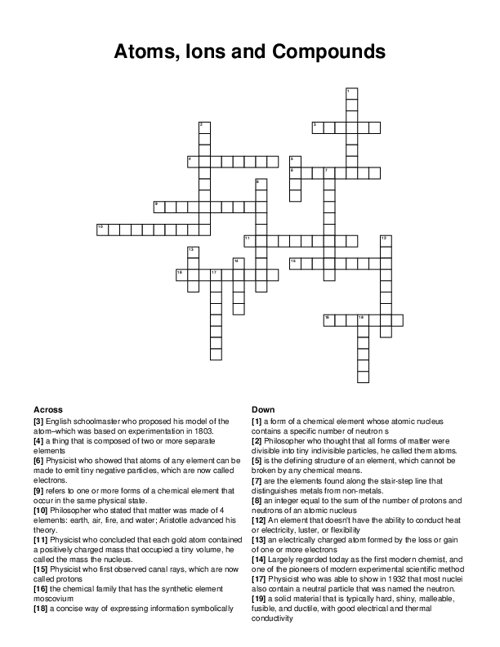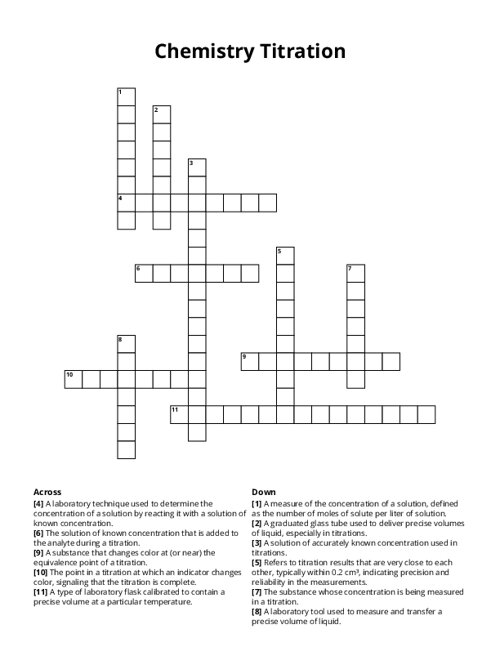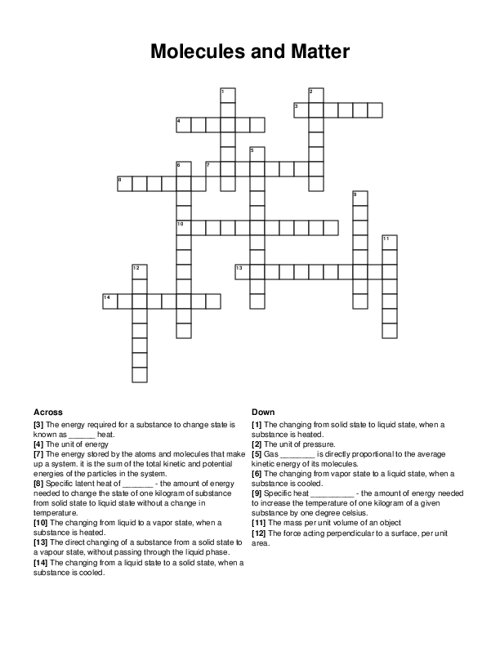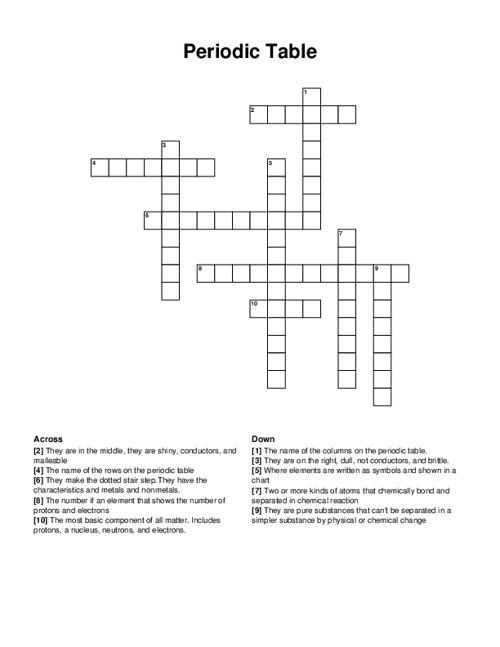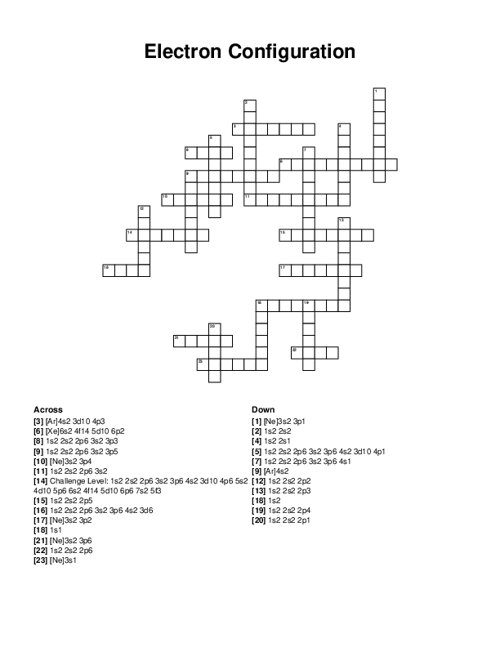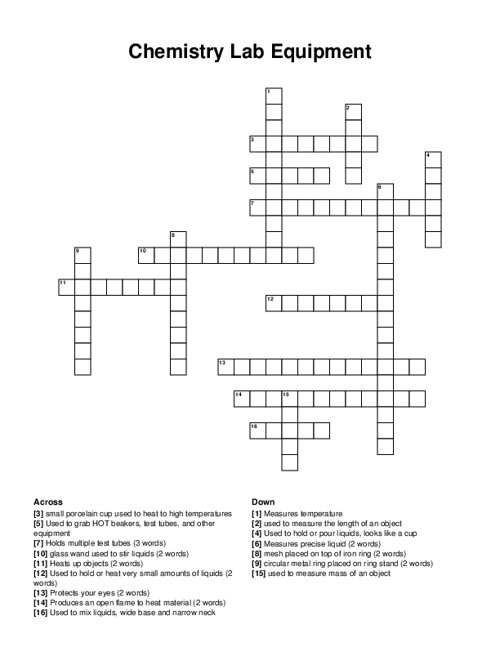Atoms, Ions and Compounds Crossword Puzzle
Download and print this Atoms, Ions and Compounds crossword puzzle.
QUESTIONS LIST:
- metals : a solid material that is typically hard, shiny, malleable, fusible, and ductile, with good electrical and thermal conductivity
- compound : a thing that is composed of two or more separate elements
- gold stein : physicist who first observed canal rays, which are now called protons
- democritus : philosopher who thought that all forms of matter were divisible into tiny indivisible particles, he called them atoms.
- empedocles : philosopher who stated that matter was made of 4 elements: earth, air, fire, and water; aristotle advanced his theory.
- thompson : physicist who showed that atoms of any element can be made to emit tiny negative particles, which are now called electrons.
- ions : an electrically charged atom formed by the loss or gain of one or more electrons
- isotopes : a form of a chemical element whose atomic nucleus contains a specific number of neutron s
- atom : is the defining structure of an element, which cannot be broken by any chemical means.
- allotropes : refers to one or more forms of a chemical element that occur in the same physical state.
- nonmetals : an element that doesn't have the ability to conduct heat or electricity, luster, or flexibility
- pnictogen : the chemical family that has the synthetic element moscovium
- chadwick : physicist who was able to show in 1932 that most nuclei also contain a neutral particle that was named the neutron.
- mass number : an integer equal to the sum of the number of protons and neutrons of an atomic nucleus
- rutherford : physicist who concluded that each gold atom contained a positively charged mass that occupied a tiny volume, he called the mass the nucleus.
- formula : a concise way of expressing information symbolically
- dalton : english schoolmaster who proposed his model of the atom–which was based on experimentation in 1803.
- metalloids : are the elements found along the stair-step line that distinguishes metals from non-metals.
- boyle : largely regarded today as the first modern chemist, and one of the pioneers of modern experimental scientific method
